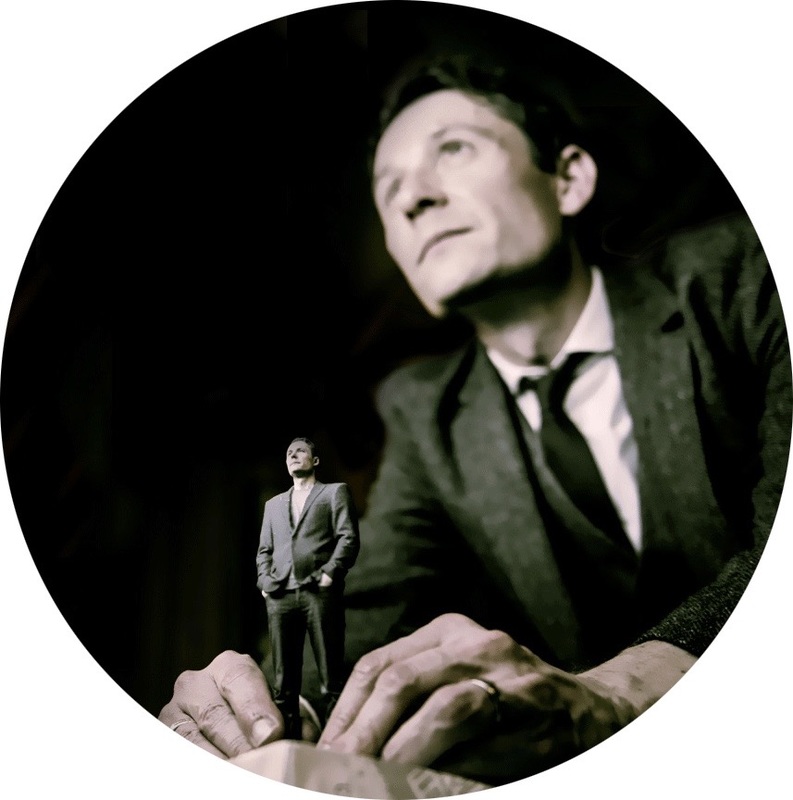|
The 70th Scottish International Storytelling Festival, happening in Edinburgh just now, takes as its theme the idea that the traditional art of storytelling is more vital than ever in connecting people across geography, generations and cultures. I am really glad to be making a small contribution to the festival, as part of an event at Edinburgh University with the focus on stories of life and learning. Later today I will ask whether multimodal assessment has the potential to support the learning and recognise the talents of refugee and forced migrant students. Drawing on three case studies - stories of transformative multimodal assessment - I will describe how learners from backgrounds of educational disadvantage benefited from the design and delivery of assessment tasks that took account of digital literacies, access to technology, social practices and the wider life situations and educational histories of students. This includes work by Archer (2015), Newfield et al. (2003) and Stornaiuolo et al. (2009) - references below. This, roughly speaking, is how I will be telling these stories in my presentation later today.
References:
I am grateful to Elisabetta Adami from the Centre for Translation Studies at the Universities for kindly offering feedback on an earlier version of this presentation.
0 Comments
Leave a Reply. |
Search categories
All
I am a Lecturer in Digital Education (Education Futures), within the Centre for Research in Digital Education at The University of Edinburgh.
@james858499 [email protected] |
||||||
